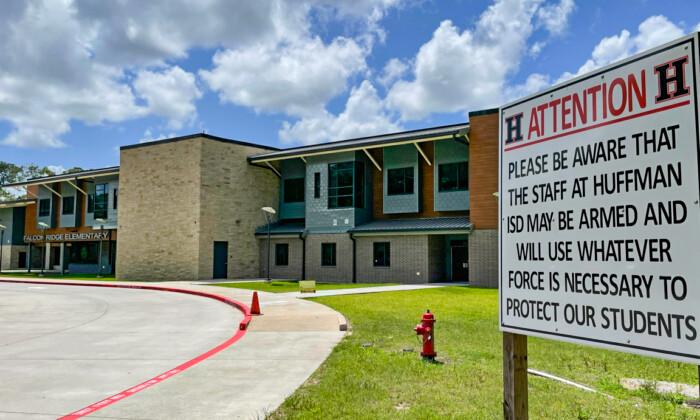News Analysis
In the wake of the tragic school shooting in Uvalde, Texas, on May 24, one question begs for an answer: Would a School Marshal Program have made a difference?

In the wake of the tragic school shooting in Uvalde, Texas, on May 24, one question begs for an answer: Would a School Marshal Program have made a difference?